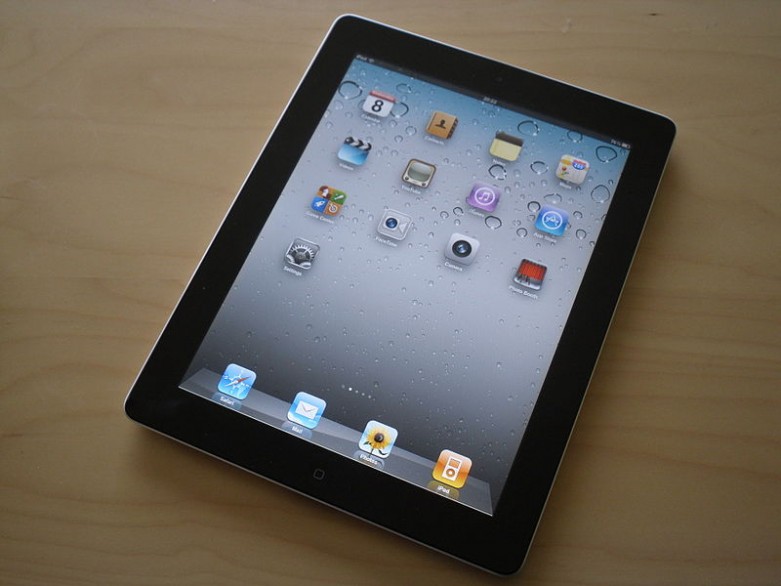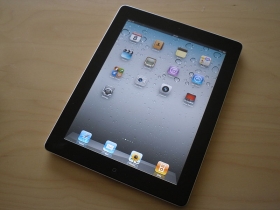
The Payroll Tax and the Public Airwaves: What's It All About?
Congress just voted on a bill that extends the payroll tax cut and unemployment benefits. A significant provision will determine the future of a large portion of the public airwaves, or spectrum. That the New York Times gave this issue — ordinarily covered only in tech journals — front-page treatment speaks volumes.
In a win for the public interest, the spectrum portion of the bill would allocate a significant chunk of the public airwaves for public, or “unlicensed” use — rather than reserving it for exclusive, or “licensed” use by big companies like AT&T and Verizon.

Unlicensed spectrum powers up to 90 percent of iPad Internet traffic.
Existing policies governing the unlicensed use of spectrum have allowed technologies like Wi-Fi and Bluetooth to bloom. And every day, people rely on unlicensed spectrum; it powers up to 90 percent of iPad Internet traffic and a growing proportion of overall Internet traffic, as well as everyday gadgets like garage-door openers, baby monitors and remote controls.
This bill makes a wider swath of spectrum available for unlicensed use, meaning that no one company will be able to monopolize it. By reclaiming spectrum for public use, this bill should provide much-needed opportunities for rural broadband providers and for tomorrow’s digital innovations.
When the FCC does auction off some of this spectrum to private companies, the bill says that the agency can’t outright exclude companies like AT&T and Verizon from bidding, even though these giants already hold large chunks of spectrum for their networks.
But an important compromise in the legislation does guarantee that the FCC can promote competition by limiting how much spectrum these companies can stockpile in a particular city or geographic market.
Some of the revenues from these spectrum auctions will be used to help offset the costs of extending unemployment benefits, and also to pay for a new nationwide public safety wireless communications network. That’s something the country sorely needs, as evidenced by communications breakdowns that hampered emergency responders during tragedies like Sept. 11th and Hurricane Katrina.
This bill is good news for all Americans. It’s a major milestone in the long-term fight to ensure that the public airwaves are used to advance our ability to communicate online. It’s also a promising bill that advances the economic interests of the public —not just the interests of a few well-heeled companies.
If you care about keeping the public airwaves in the public’s hands, please consider a donation to the Free Press Action Fund. Thank you.